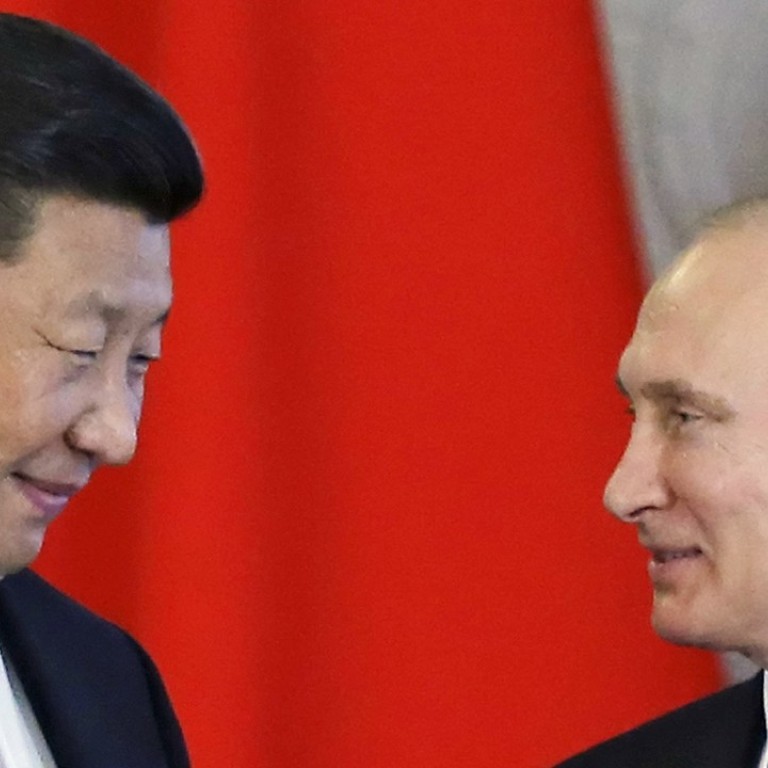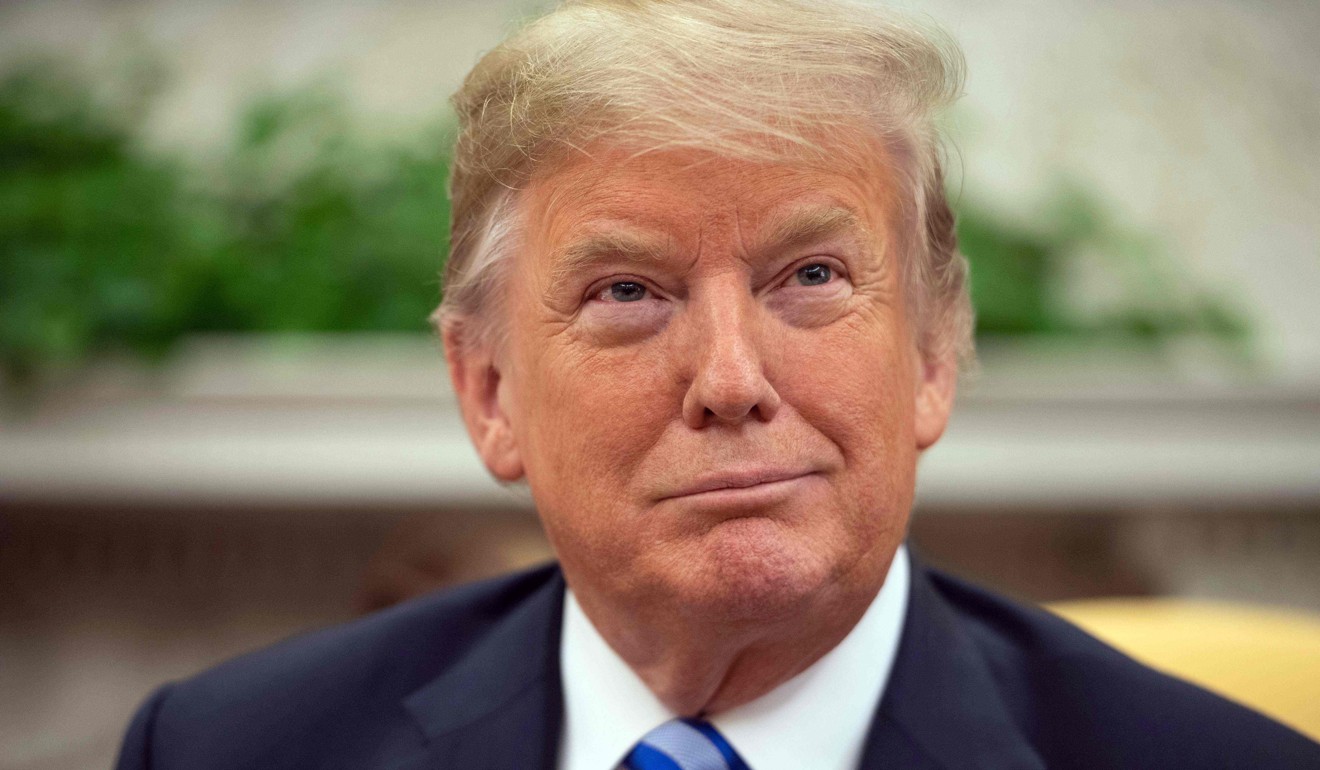
US tensions and trade expected to top agenda when Xi Jinping and Vladimir Putin meet
But the leaders will have to balance talks on economic cooperation with strategic differences over Central Asia and defence, analysts say
Chinese President Xi Jinping and his Russian counterpart, Vladimir Putin, will need to balance shared concerns about US tensions and trade with strategic differences over Central Asia and defence when they meet on Tuesday, analysts say.
It will be the two leaders’ third meeting and comes amid an escalating US-China trade war and US-led sanctions against Russia. China has also sent troops to Russia to take part in the country’s biggest military exercise in nearly four decades, which begins on Tuesday.
Vostok 2018: a showcase of Russian military might and ties with China
Xi will be the first Chinese leader to attend the two-day Eastern Economic Forum in Vladivostok. During talks with Putin, he is expected to discuss ways to boost trade and bilateral cooperation, and witness the signing of agreements, including one for a project in Russia’s Far East, according to China’s foreign ministry.
The two leaders are also expected to discuss ways to push forward cooperation on energy, agriculture, technology and infrastructure.

Meanwhile, the Chinese contingent will bring some of its most advanced weapons to the five-day Vostok 2018 war games at the Tsugou training ground in eastern Russia.
Alexander Gabuev, senior fellow and chair of the Russia in the Asia-Pacific Programme at the Carnegie Moscow Centre, said inviting Chinese troops to the exercise reflected growing military trust between the two countries.
“It’s groundbreaking. Inviting Chinese troops sent a powerful signal that Russia does not see China as a threat,” Gabuev said.
Vladimir Putin’s meeting with Asian leaders to focus on North Korea
At the same time, Russia would be keeping a cautious eye on China’s growing profile in the Central Asia and Arctic regions, Gabuev said, adding that Moscow could become more cautious about selling military hardware to Beijing.
“The reality is China is pretty sophisticated and has well developed its own indigenous engineering capabilities. If China continues to copy Russian weapons, then it could become a threat in the third market,” Gabuev said.
Watch: Russia shows off naval power in military parade
China and Russia have been moving closer as Beijing’s trade dispute with Washington continues to worsen. US President Donald Trump on Friday threatened to impose additional tariffs on China. Meanwhile, Western countries have imposed sanctions on Russia after EU and US leaders endorsed the British government’s assessment that Moscow had a role in a nerve agent attack on a former Russian spy in the English city of Salisbury.
Analysts said that as Beijing and Moscow both needed a countermeasure against Washington, they would seek ways to expand their cooperation.
How Russia’s military is making Moscow a player in the Asia-Pacific
“Russia is mired in the sanctions from Western countries led by the US and EU, and it crucially needs new markets, new investments, new credit loans and access to new technology,” Gabuev said.
“China is seen from Russia as a primary source of this technology, financial resources and new markets … because many countries in the East are former US allies like Japan and South Korea.”
Liang Yunxiang, an international relations expert from Peking University, echoed that view, saying China also needed to expand its trade with Russia to offset risks from the dispute with the US.
“China has good political relations with Russia but this friendliness does not extend to economic cooperation since Russia’s economy is somewhat lagging behind,” Liang said, adding that the market could hold great potential for Chinese investors.
Russia is China’s 12th largest trading partner by exports, which account for just 1.9 per cent of its total, according to the IMF’s World Economic Outlook Database. China’s biggest trading partner is the United States, which buys 19 per cent of the country’s exports.

